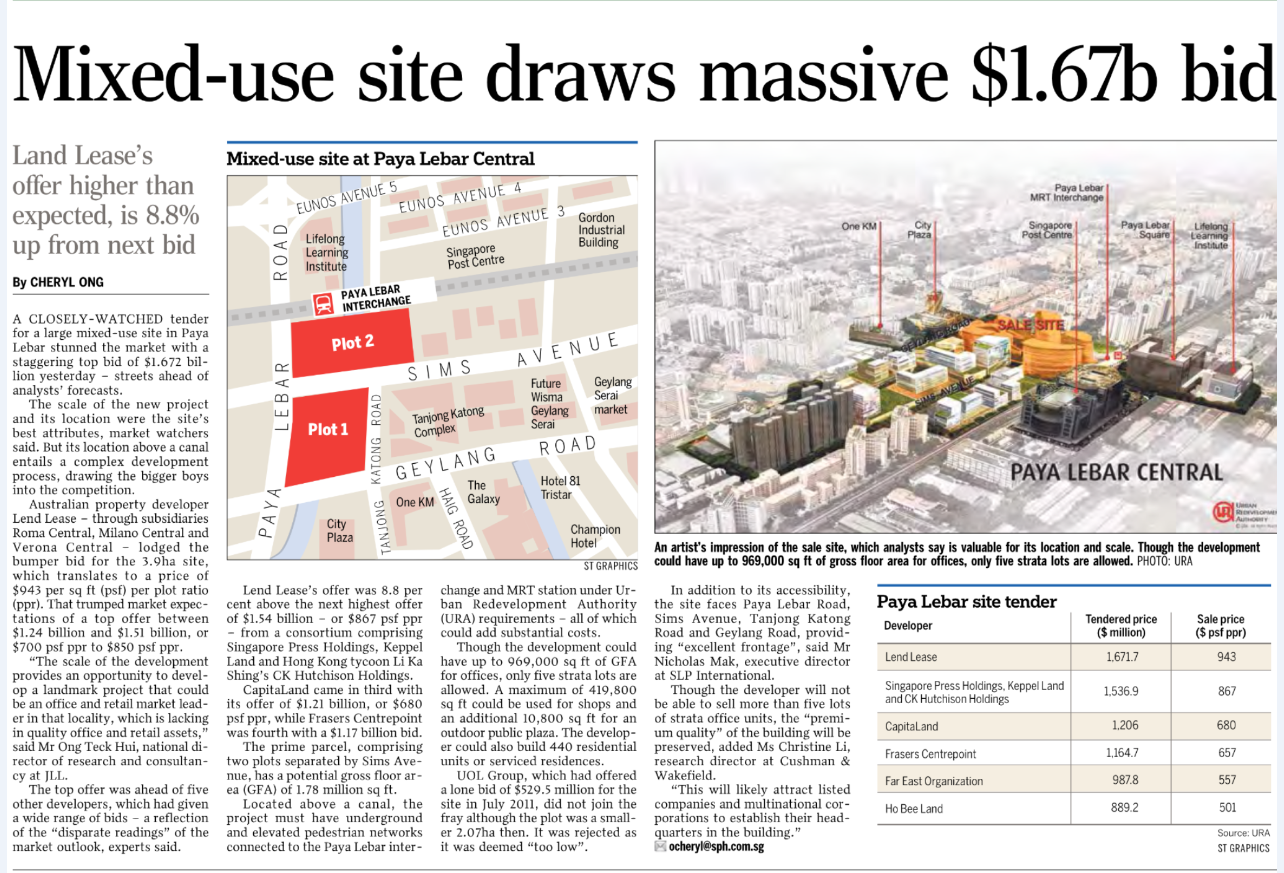But the ambitious rail link, billed by the leaders of both countries as a "game-changer", will not be completed by the original target of 2020.
The new target date will be announced after both sides have agreed on all major issues of the project. And the deadline for this agreement is the end of this year.
Speaking to reporters after their annual retreat yesterday, Prime Minister Lee Hsien Loong and his counterpart Najib Razak said the 2020 date was unrealistic owing to the complexity of the 350km route.
But both pledged their full commitment to realising the link, calling it the most important project on the current bilateral agenda.
First conceived at their 2013 retreat, the high-speed link will cut travel time between Singapore and KL to 90 minutes.
The delay, they said, would not be a major one. Datuk Seri Najib estimated the design process would take a year, the tender process another year, and then five years to build the link.
"We're confident it will come through," said PM Lee.
He also said the terminus would "change the face" of Jurong, creating opportunities for businesses and citizens.
In response to reporters' questions, PM Lee explained why Jurong East was chosen over the other options of the city centre and Tuas. While the city centre would be the most convenient for commuters, there is little space left for such an ambitious construction project, he said. And while construction works would be the easiest in Tuas, there are few businesses there, he added.
The Government has ambitious plans for the Jurong Lake District, and the terminus dovetails with them, he said.
Analysts said the news would boost property values and interest in the Jurong Gateway area, with some predicting that multinational companies would relocate their offices there.
Malaysia had previously said its terminus would be sited in the Bandar Malaysia project, 3km from KL's financial district.
The leaders disclosed that agreement on some issues has been reached, such as that the depot and stabling facilities would be hosted by Malaysia.
But PM Lee sketched out some major questions yet to be answered: "How is the line going to be designed? Where is the funding going to come from? How is the debt and equity going to be divided between the two parties?"
Structurally, it must also be decided if each country builds its own part of the line and they join in the middle, or if one company builds the entire line.
PM Lee noted that there are global models like the cross-border Eurostar between Paris and London. "So I don't see them as insoluble problems. We're getting there. We just need a bit more time to work everything out."
The famous camaraderie between the two men - credited with facilitating a breakthrough on thorny bilateral issues - was on display again at their sixth leaders' retreat, which marks the 50th anniversary of diplomatic ties between the two nations.
The duo also discussed a wide range of issues, including Iskandar Malaysia, congestion on the Causeway and the building of the Johor River Barrage to ensure water supply from the Johor River to Singapore.
"All the fundamentals are strong between our two countries," said Mr Najib.
On his Facebook page yesterday, PM Lee later wrote: "Our bilateral ties are warm and we are working well together. Long may this continue."
















No comments:
Post a Comment